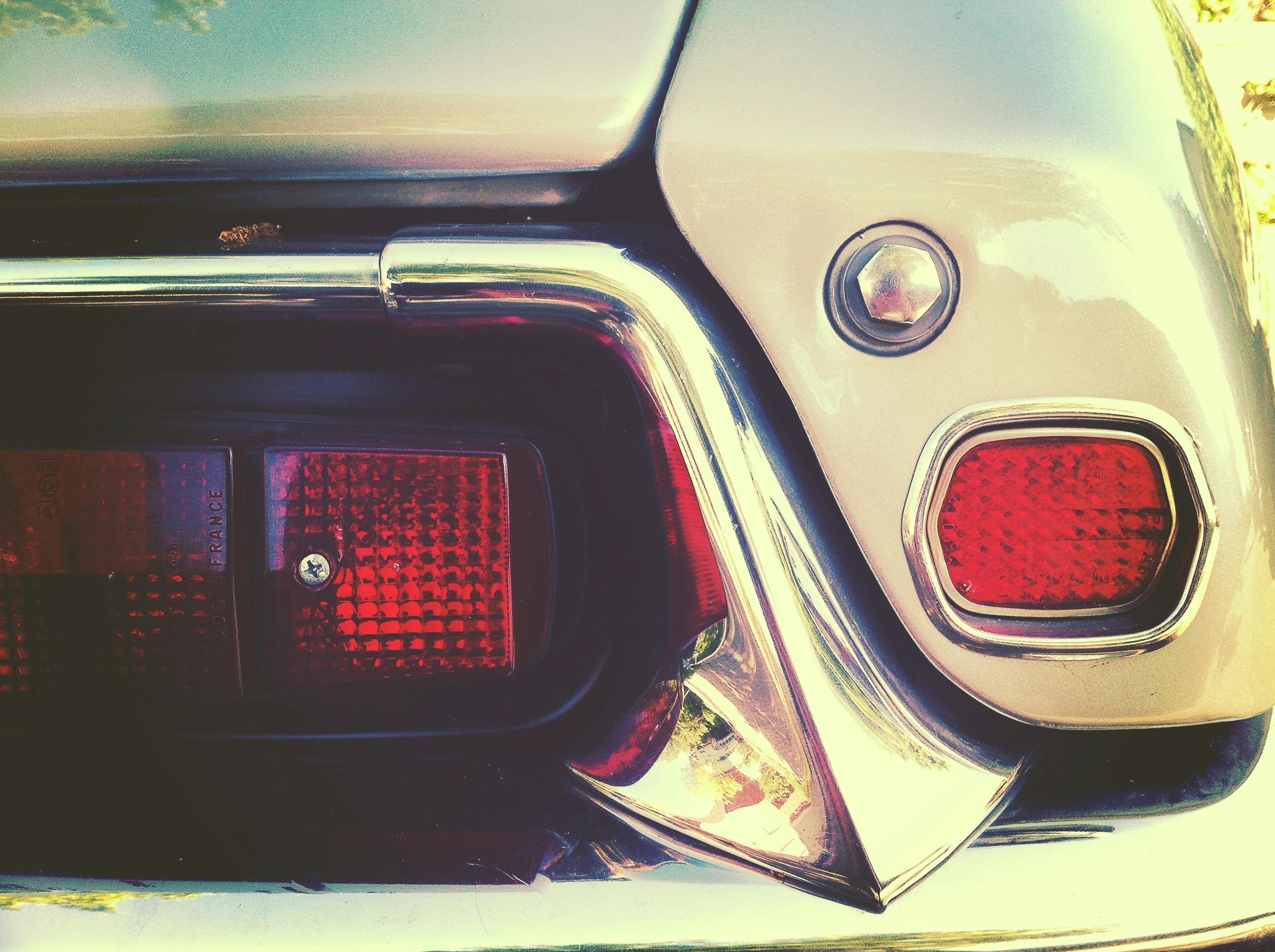Handling a Rear-End Collision at the Hands of an Uninsured, Unlicensed Driver: Essential Steps and Considerations
Experiencing a rear-end collision can be stressful, especially when the at-fault driver is unlicensed, uninsured, and unregistered. If you find yourself in this situation, understanding your rights, options, and proper procedures is crucial to protect your interests and ensure a smooth claims process.
Incident Overview
Recently, I was involved in a minor rear-end collision caused by a driver operating an unlicensed, unregistered, and uninsured vehicle. Fortunately, the damage was limited to a scratched rear bumper—no significant structural issues. The incident took place on a Saturday, and the driver expressed interest in settling privately, avoiding standard insurance claims.
What Evidence Do You Have?
- A video capturing the accident, including the license plate, and images of the driver and passenger.
- Photos documenting the vehicle damage.
- Contact information: phone number of the driver, as well as photographs and ID of the passenger.
Since local body shops are closed, obtaining an immediate repair estimate isn’t possible, but estimates will be gathered as soon as shops reopen.
Critical Questions and Guidance
1. Is there a deadline for submitting insurance claims, and can I notify my insurer now without initiating a claim?
Most insurance policies, including GEICO’s, specify timeframes—often within 24-48 hours—to report an accident. Informing your insurer promptly is advisable, even if you’re considering a private settlement. You can notify GEICO today and clarify that you’re exploring a settlement with the other party, which should not automatically trigger a claim unless a formal agreement is made or damages are paid.
2. Am I eligible for a collision deductible waiver since the other driver is uninsured?
Many insurance policies provide some form of uninsured motorist coverage, which can cover damages caused by an at-fault uninsured driver. Whether you qualify for a deductible waiver depends on your policy specifics. Review your GEICO policy or contact them directly to confirm if your uninsured motorist coverage applies in this scenario. Often, this coverage helps you recover damages without paying out of pocket, even when the at-fault driver lacks coverage.
3. How will this incident impact my insurance premiums?
Although you were not at fault—the evidence is clear—insurance companies may consider accident history when calculating future premiums. Generally, minor at-fault accidents can lead to slight premium increases; however, if you can demonstrate



